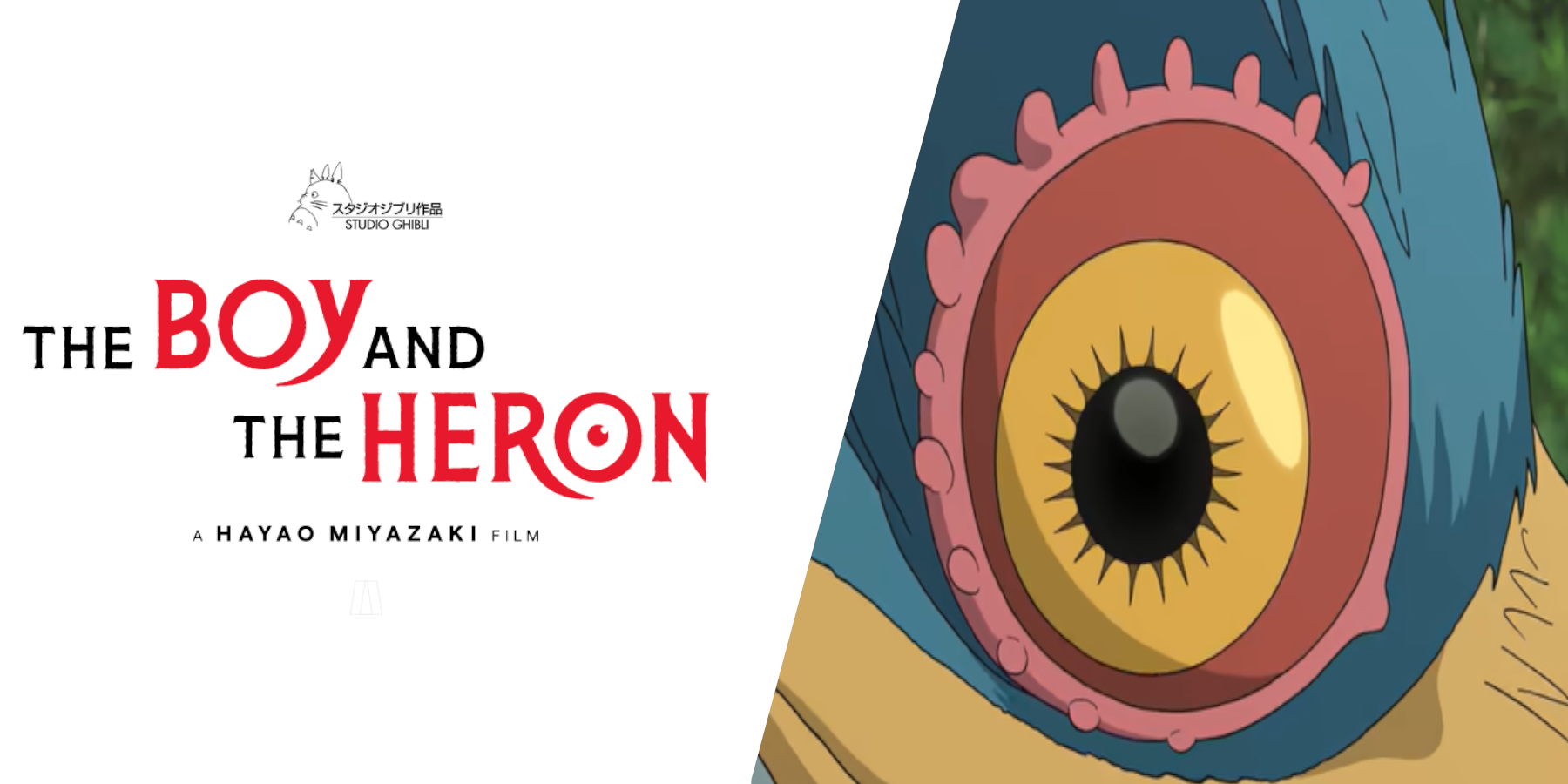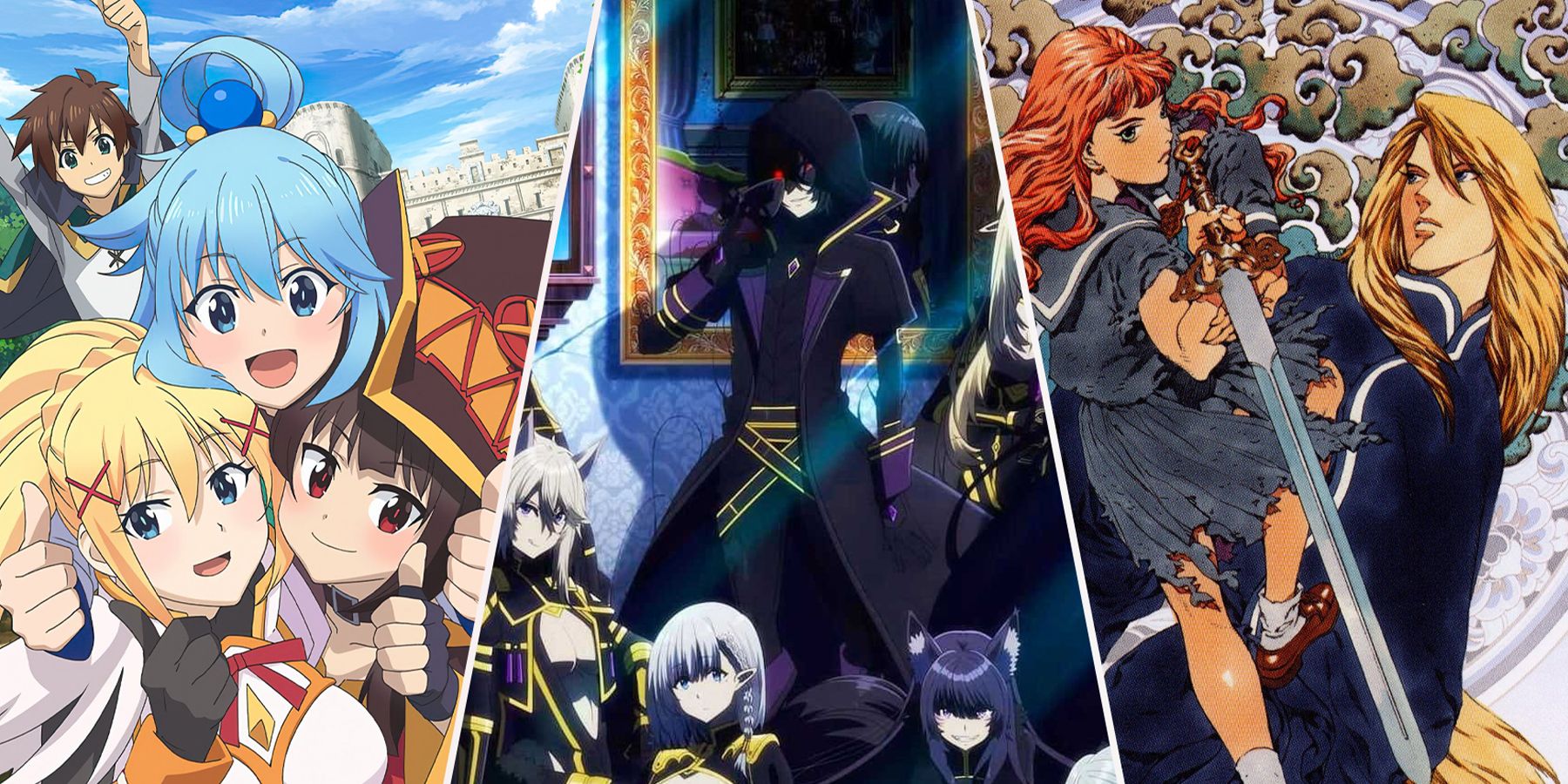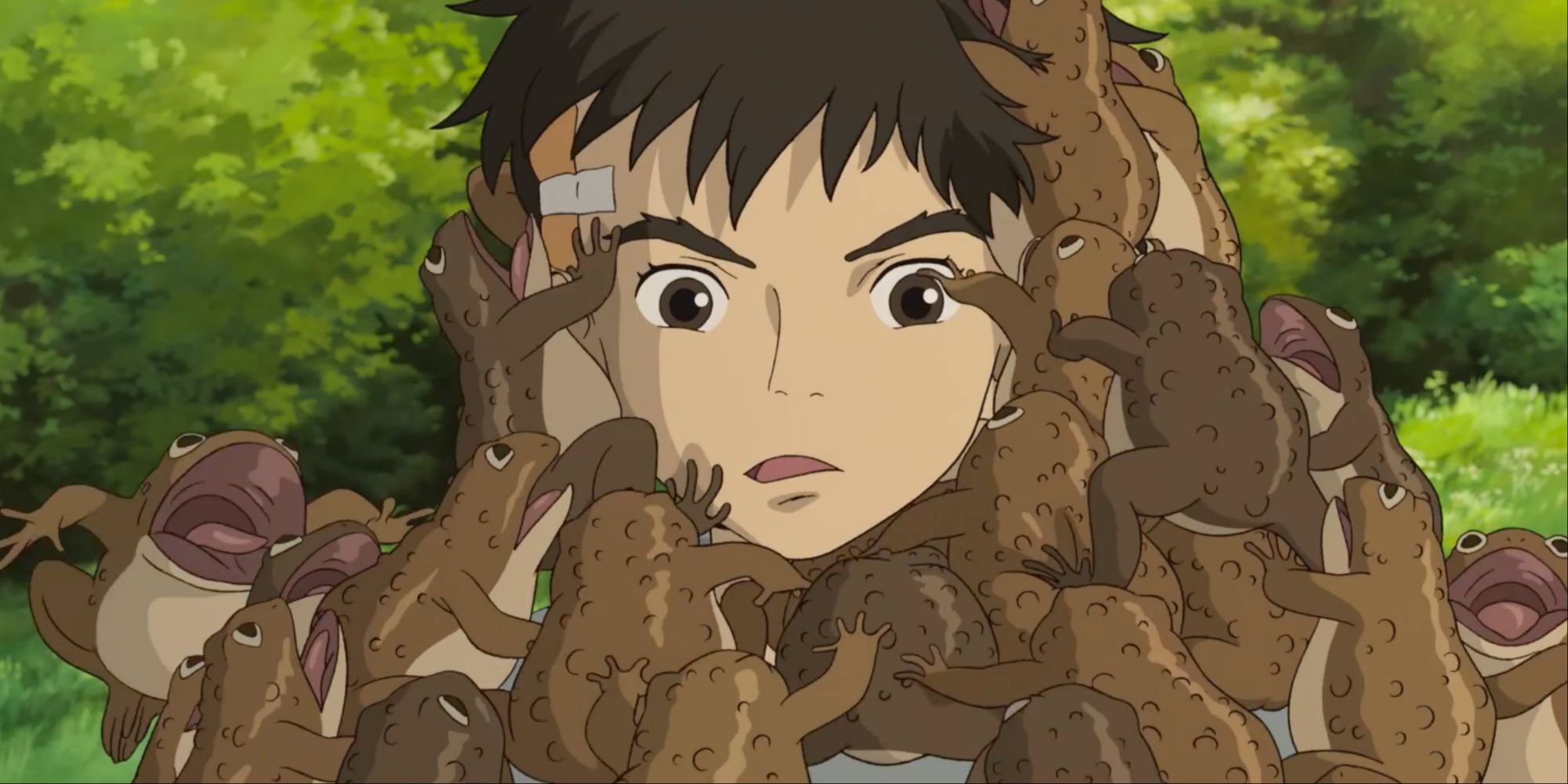Highlights
- Isekai, a word created for anime and manga, has been added to the OED, recognizing its impact on English language and culture worldwide.
- The isekai genre, where characters are transported to a fantasy world, has roots in Japanese folklore and has gained popularity in recent years.
- With isekai's inclusion in the OED, it has become a topic of discussion beyond anime fans, showcasing its significance in global storytelling.
The Oxford English Dictionary (OED) is the most widely accepted authority on the English language, and is updated quarterly with revised meanings and new words as our language continues to evolve. Sometimes these words are entirely new creations, and sometimes they are words from other languages that have been adopted for common use in English. This past quarter, 23 new Japanese words were officially added to the OED, showing how much of an impact Japanese culture has even outside of Japan.
One of these new words in particular is of major interest to otaku, because it is a word that was created entirely for anime, manga, and light novels - "isekai." These days, it is impossible to be an otaku without knowing the word isekai, considering it is one of the most popular genres for new works. But now, the word has also been officially added to the OED, making it not just a Japanese word that otaku throw around, but an addition to the English language itself, thanks to the influence it has had around the world in recent years.

Why The Boy and the Heron’s Oscar is So Significant
The Boy and the Heron just made history at the Academy Awards for a number of reasons.The Origins and Impact of Isekai
The word isekai is written in Japanese as 異世界, and can be translated as "different world," "other world," or "another world." For a story to be in the isekai genre, the main character has to be transported from our world into another world (usually a fantasy one), where they must learn to survive, typically without any hope of returning to our world. Usually, the protagonist has to fight to survive, and common tropes in the genre are that they are either extremely powerful in their new world, or extremely weak. Isekai as a concept started long ago in Japanese folklore, particularly in the story of Urashima Tarou, a fisherman who is transported to a magical undersea world after saving a turtle.
Isekai has been around for a while now in the anime world, and started to really gain popularity in the 2010s, but has now been brought to the forefront by the recent success of Studio Ghibli's The Boy and the Heron. The movie tells the story of a boy who is pulled into a magical world through a tower, and he has to figure out how to get back to his home. While many otaku may first think of popular titles like That Time I Got Reincarnated as a Slime or Konosuba: God's Blessing on this Wonderful World, it is likely thanks to movies like The Boy and the Heron and Spirited Away that isekai as a genre has been introduced to the wider world. Keep in mind that both of those movies by Studio Ghibli won Academy Awards.
Why Is Isekai's Inclusion in the OED Important?
With The Boy and the Heron's best picture win creating a stir in the world of both anime and Western cinema, isekai has moved from something only anime fans know about to something that other people are learning about, too. The genre has existed for many years in international media, including famous stories like Alice in Wonderland, The Wizard of Oz, and Peter Pan all havnig the same concepts. But of course, the Japanese word was never used to describe them. Now, though, isekai has chosen to be added to the OED this quarter, showing that it is important enough that people are talking about it in English around the world.
Any word being added to the OED is significant, considering the authority that is placed in the Oxford English Dictionary. According to the OED's website;
More than a historical dictionary… over 500,000 entries… 3.5 million quotations … over 1000 years of English...The Oxford English Dictionary (OED) is widely regarded as the accepted authority on the English language. It is an unsurpassed guide to the meaning, history, and usage of 500,000 words and phrases, past and present, from across the English-speaking world.
This means any word that is added to the OED has had enough impact on the English-speaking world to warrant being added to the language officially. Isekai has officially become that important, moving from something only otaku know about, to something that other people are discussing as well. The reach of the genre will likely not stop there, either, and will continue to spread and grow popular as stories continue to be successful.
You may be interested to know that some other Japanese words added to the OED with this update include "katsu," a form of frying food, "omotenashi," a word used to describe superior hospitality, "kintsugi," the art of repairing broken pottery with gold, silver, or platinum to highlight the imperfection, and more. The words were chosen by the Tokyo University of Foreign Studies along with the editors of the Oxford English Dictionary, and are now officially part of the English language.

The Greatest Isekai Anime Of All Time (March 2024)
True Isekai fans should make sure they've watched each of these iconic anime from start to finish.Source: The Guardian via IGN
.jpg)

No comments:
Post a Comment